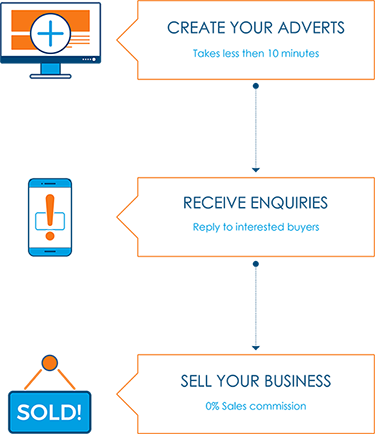
Why should you value your business before selling
It might surprise you to know that the majority of small business owners have very little idea of what their businesses are worth. But then – do you know how much yours is worth? It is definitely worth taking the time to find out – business value is essential for strategic and exit planning. But how can you find what your business is worth?
There are no shortcuts here. A business valuation needs to be credible to be worthwhile, it can’t just be backed by tissue workings. If it isn’t credible, you’re wasting your own time and any planning using that number could run into trouble. Take time, and if necessary, spend money on this. You’ll find value in knowing your value.
So who can help you? The best source of advice is undoubtedly business transfer agents. However, consider their experience and verify their track record. Can you find an agent in your specific sector? An agent with that knowledge will be able to conduct a confidential, discrete and thorough exercise to identify your business value. This will likely involve a few hours of your time, as they build an understanding of your business. Every business is unique and the valuation needs to consider qualitative factors as well as facts and figures. How does your business operate? What’s the management structure, and the role of the owner? Is there a business plan in place? Who is your competition? Expect questions like this, as they evaluate your strengths and any potential weaknesses.
The next steps
The next step they’ll handle themselves – is a comprehensive desktop assessment. They’ll consider your profitability, your fixed assets like equipment and vehicles, and your current assets and liabilities like stock, debtors and creditors. Just as important are your intangible assets – patents, intellectual property, existing contracts etc.
The agent will then look to identify an overall value. Here are a couple of measures they may use:
‘Abridged Net Profit attributable to a ‘Single Working Owner’
Some businesses are owned and operated by more than one person. The agent, therefore, needs to drill down to the lowest common denominator, so that your business value can be compared to others on an equal footing. This is one way they’ll do that.
Investment Profit
This accounts for the level of profit which could be earned if the owner/s were to be replaced and the business operated fully under management.
Return on Capital
What is the profitability, relative to what’s already invested in the business? Here the agent incorporates any potential debts to inform the figure.
Overall, this is where the agent’s experience and knowledge will come fully into play. The exercise will likely produce a range of possible values, with your business value falling somewhere within this range.
The research will continue; the agent will review business sales from the last twelve months or so. They’re looking for ‘comparable evidence’, to narrow down a value within the range they’ve identified. Those measures from step one look great on paper, but what are prospective buyers willing to pay in the real world?
This will all result in a solid figure you can trust – and you’ll have access to strong evidence to support it, conducted by an experienced, independent professional. With your business at stake, why settle for anything less?


